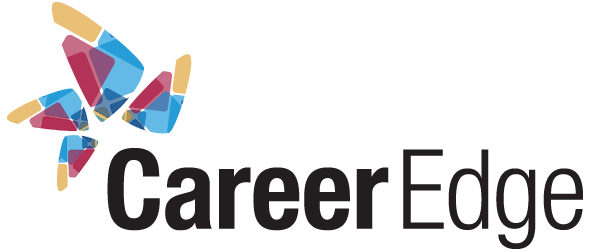Last year, we put together a great resolution list for career-minded individuals everywhere. Covering topics such as work-life balance, organization and learning, our Ten Resolutions for 2010 can be found here.
This year, we have but three simple but necessary tips for HR professionals. Consider these commandments for 2011:
1. Get Online and Get Social!
Social HR, Recruiting 3.0 – there are many names for it. The point is, job-seekers are increasingly turning to the online world of social networking to learn about an organization’s work culture and to find opportunities in hidden places. As attracting top talent becomes more competitive than ever, having the tools to build and maintain relationships with customers, employees and potential talent is going to be a key advantage in 2011.
Remember, using online tools will also help you develop your own personal and professional networks, meaning better access to new, up-to-date information, unique perspectives and exciting opportunities for you and your organization.
2. Swim in new talent pools!
Look for talent in new places by embracing diversity – this means focusing on the abilities of persons with disabilities, considering the potential of educated recent grads and acknowledging international skills and education. It not only makes good business sense to have a diverse workforce; as a hiring manager or HR professional, broadening your perspective and your understanding of what it means to be “qualified” will give you access to more and better talent.
3. Put fit first
In 2010 we told you about the importance of finding the right fit in our newsletter and on our blog. With the recession behind us and a skills shortage ahead, organizations need to recruit and retain strong talent to compete. It’s a fact that when hire for person-organization fit (and not just person-job fit) your employees will be more engaged, more productive and more likely stay!





